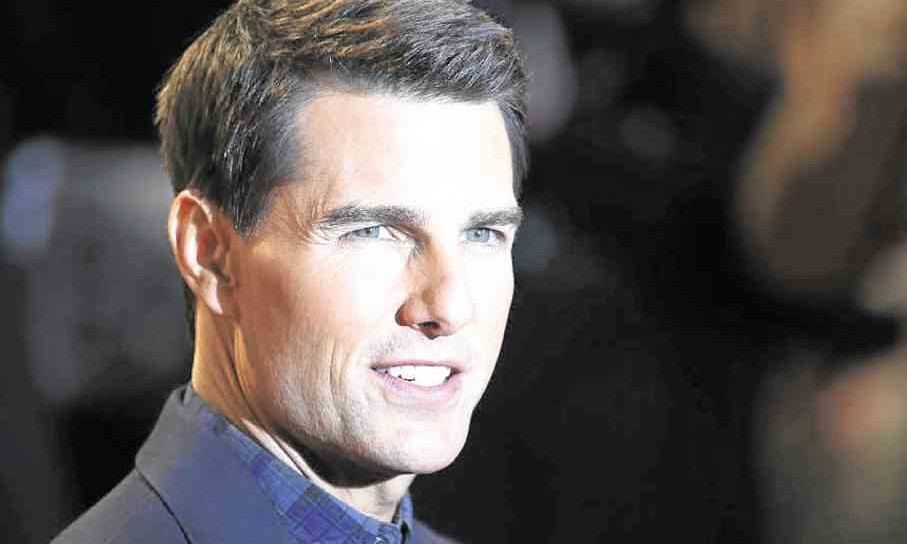The release of Tom Cruise’s latest film, “Jack Reacher: Never Go Back,” has been flying high on the retrospective revelation that the durable star’s movies have grossed a whopping $7 billion in the course of his 35-year-long career.
In some countries, that gargantuan gross would be the cumulative income of an entire film industry, but Cruise has chalked it up all by his lonesome, making him producers’ favorite albeit most expensive contract talent.
He’s one of the few A-listers who command a talent fee of more than $20 million per movie—and then some. He ends up making more than that already heady amount by “investing” all or part of his fee in his starrers—and, when they turn out to be hits, as they almost always do, he makes additional millions, both coming and going.
It’s a creative remuneration scheme that a few other superstars have similarly benefited from, with standout hitmakers ending up making some $60 million per blockbuster project!
That may sound like a humongous fortune, but producers feel that stars like Cruise are worth it, because some of their hits gross over $1 billion dollars per production.
In Cruise’s case, he’s worth “investing” in, because he’s spent decades firming up his stellar and hit-making reputation, with his big-screen credits reaching all the way back to 1981, with “Endless Love.”
His breakthrough stellar vehicle was “Top Gun” in 1986. Other and bigger hits were eventually forthcoming—“Jerry Maguire,” “Mission Impossible,” the first “Jack Reacher” film, etc.
Aside from being a reliable and consistent moneymaker, Cruise has occasionally come up with smaller but more excitingly venturesome film starrers, which have effectively balanced his sometimes cynically perceived image as a hit-making “machine.” They include “The Color of Money,” “Magnolia,” “The Firm,” “Born on the Fourth of July” and “A Few Good Men.”
Admittedly, some unsuccessful “experiments” have fudged up Cruise’s thespic reputation at various times, with the self-consciously artsy “Eyes Wide Shut” and “Interview with the Vampire” leading the downward plunge.
But, Cruise has recovered nicely with incisive and felt dramas like “Rain Man,” in which he costarred with Dustin Hoffman.
Directed by Barry Levinson, the film won the best picture Oscar in 1989, and Hoffman clinched the best actor award. Cruise’s portrayal was similarly noticed and appreciated, and got a number of nominations from various award groups.
In fact, the estimable reviewer, Vincent Canby, wrote in the New York Times that, in his view, “the film’s true central character is the confused, economically and emotionally desperate brother, Charlie, beautifully played by Cruise.”
It’s great to be lauded as Hollywood’s “7B Star,” but critical praise like that, especially for the sometimes enviously derogated Tom Cruise, is—priceless!
